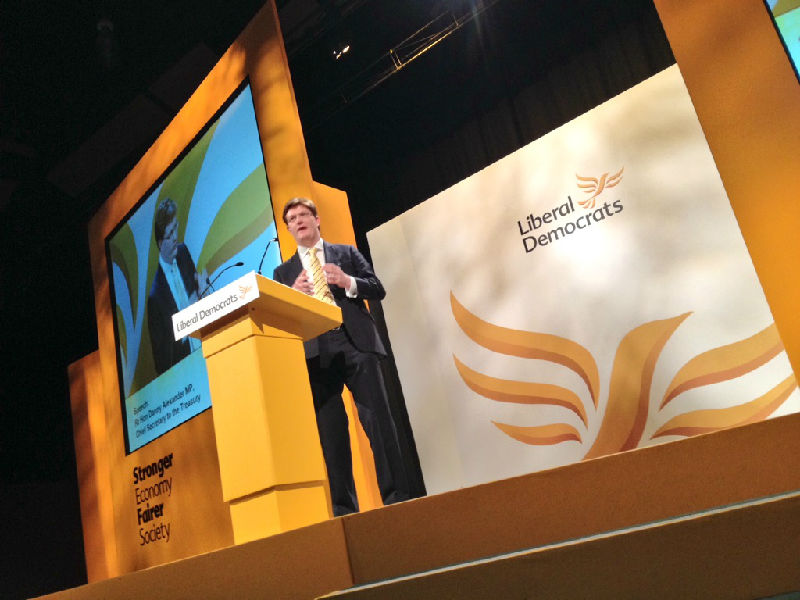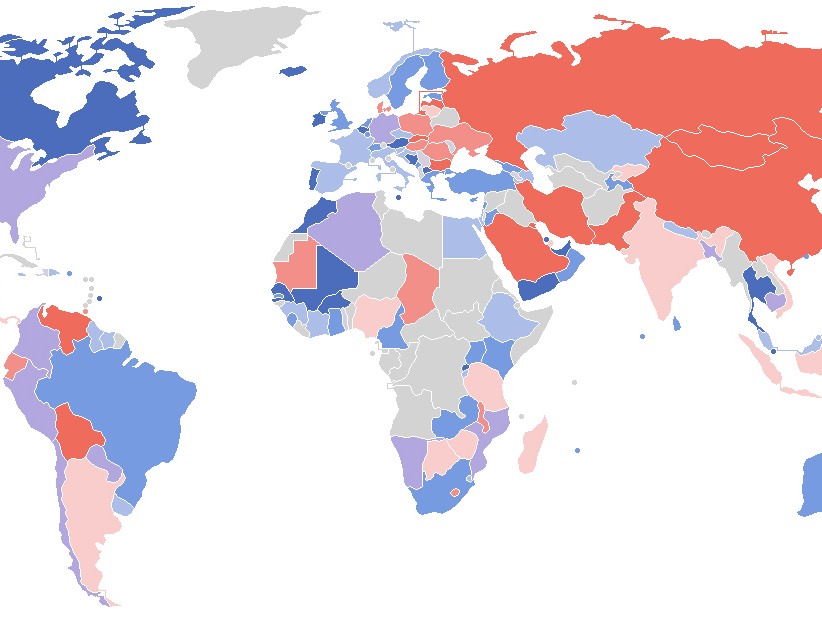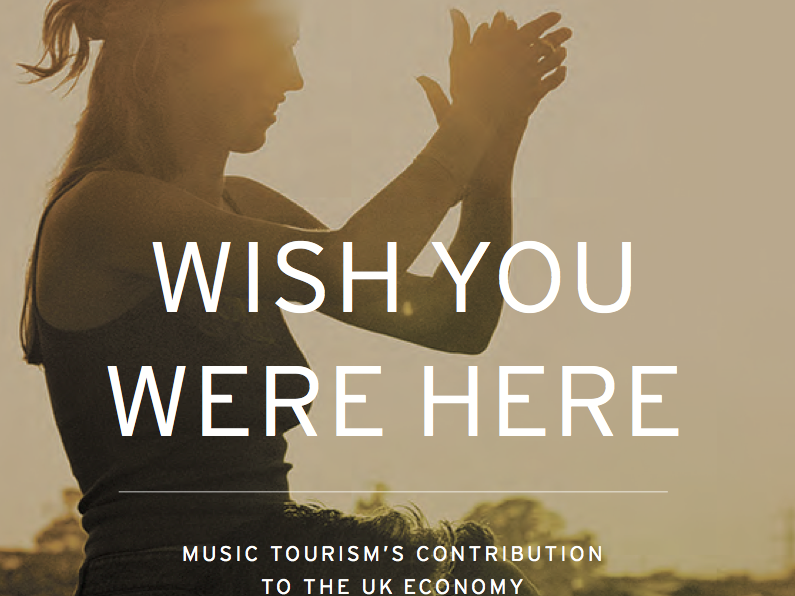I recently helped to launch the excellent Report on the 2017 Live Music Census carried out by Emma Webster Mat Brennan, Adam Behr, Martin Cloonan and Jake Ansell at the Musicians union HQ in Clapham Road. I was asked to give an overview of Parliamentary progress in supporting grassroots music venues. This is what I said:
First of all many congratulations to Emma , Matt, Adam, Martin and Jake for a really impressive high quality report. In this company I can say they make a virtuoso quintet!
It will really underpin and validate the case that so many of us are making inside and outside Parliament about the importance of live music and the closures and potential threats to grassroots music venues, which are such an important part of our music scene both for audiences and musicians.
Just a couple of weeks ago, many of you will remember, there was a very impressive turnout by peers and MP’s in support of John Spellar’s Agent of Change Bill outside Parliament .
The sheer support for the Bill and the far greater interest by Parliamentarians in the welfare of Grassroots Music Venues will be reinforced by the research carried out by the authors of this UK Live Music Census but is also testimony to the concerted activities over the past few years of campaigners such as UK Music, the Music Venues Trust and the MU and many in this room. We are now creating a much bigger campaigning community for music in Parliament.
Parliamentarians are now much more alive to the fact-as shown in today’s report-that there has been in recent years a perfect storm of circumstances for the night-time economy, resulting in a continuing decline in grassroots live music venue and they realize that once gone, these venues will not come back into our towns and cities.
The report itself highlights rising rents and business rates, planning and property development issues, and noise related complaints as the key contributing factors.
There have however been some individual bright spots as result of these issues being raised by campaigners. The campaign for Agent of Change is a case in point.
As a result of a campaign in a previous Housing and Planning bill, Agent of Change principles were made to expressly cover conversions but did not cover new build.
After the introduction of John Spellar’s new Bill which expressly provides for this, Sajid Javid has agreed to include the principle “in detail” in the National Planning policy Framework which will make housing developers building new homes near UK venues responsible for addressing noise issues and this should help protect venues from any new build development in their nearby vicinity.
Also there seems to be some daylight on business rates reform in terms of an indexation switch to CPI, . A discount for pubs is welcome but relief needs to be extended explicitly to grass roots venues as a whole. The London Mayor’s Economic Development strategy recognizes the issue for the London’s night time economy and is pressing the Valuation Office Agency to review its valuation policy, which would be a step in the right direction. But all this needs to happen quickly and it needs to be nationwide.
"We are now creating a much bigger campaigning community for music in Parliament."
— Lord Clement-Jones
Then there is the whole question of secondary ticketing.
In the last couple of years the campaign to stop the rip off against fans by the All Party Parliamentary Ticketing Abuse Group, groups like FanFair Alliance, trade bodies like UK Music and the MMA has by and large achieved a great deal. First of all amendments to the information requirements on ticket resellers through the Consumer Rights Act and then last year in the Digital Economy Act with the outlawing of bots buying up tickets on an industrial basis.
New guidance under the Consumer Rights Act makes it absolutely clear what information must be provided by secondary sellers and provide better protection for audiences, artists and event organisers.
The next step was to make sure that these laws are being obeyed. Having looked at this as a result of debates on the Consumer Rights Bill, the CMA last November reported that it is now taking enforcement action against some of the offending Secondary sellers, and enquiring further into their practices.
At the end of the day however, welcome though all these developments, there is more to be done. And urgently too. Venues are still closing. We need a comprehensive approach to the protection of these venues. That is why I welcome the new enquiry into Live Music being undertaken by the DCMS Select Committee
Specifically as part of that they will be asking : “How the music sector been affected by the closures of small music venues across the country,? Should small music venues be classified as cultural venues? What initiatives can be put in place to help grassroots artists and bands?”
This report will be hugely helpful in setting the scene for the Select Committee.
We need to look at ideas such as a Culture & Heritage Investment Tax relief as Music Venue Trust suggest in their evidence and imaginative schemes such as their Sound+Vision plan.
I hope UK Music will return to the idea of an amendment to the Licensing Act which would create a fifth licensing objective that would oblige licensing authorities to consider the wider benefits of music and entertainment in the community when carrying out their functions. As is stands, the cultural contribution of a grassroots music venue is not considered at all.
Having this fifth objective might just be the critical edge to a decision that will either lead to a venue closing or to it remaining open.
I don’t often quote Ed Vaizey but I thoroughly agree with what he said 2 years ago at Venues Day: “ A vibrant music venue which is breaking new acts has just as much right to be considered a cultural venue as a local or regional theatre”
So we need to make sure that Arts Council England treats Grassroots music -as they do on the continent- as an essential part of our cultural scene. It seems completely weird that the British Council do when our artists tour foreign venues but the Arts Council don’t recognize this.
We mustn’t build our expectations too much but the Select Committee has a good track record and it could produce an important platform for a new set of campaigns.
Enough from me . I was only meant to do a few riffs, so I’d better get off the stage!
18th July 2015
Lord C-J debates the future of the BBC
8th December 2014
Danny Tells the Lib Dems’ Record on the Economy
24th December 2013
40 maps that explain the world
17th December 2013




